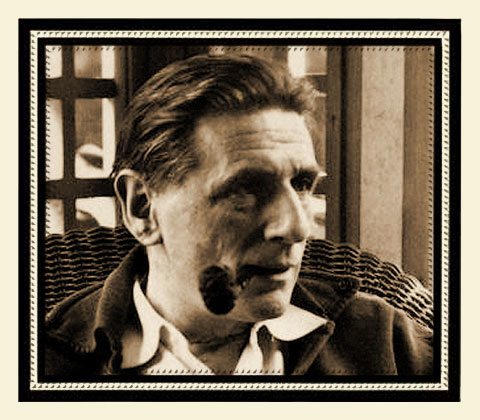Vienna, 1886 — New Haven, Connecticut, EUA, 1951
Novelist, essayist
Writer who was younger than his friend Zweig, but only began his literary career at the age of 40. Born into a wealthy Jewish family, his youth was marked by conflicts with his parents, who forced him to study textile engineering in order to work at the family’s factory. For a time he managed to reconcile this by frequenting Vienna’s literary cafés alongside Robert Musil, Elias Canetti, Franz Blei and Zweig himself. In 1928 he left the business to devote himself to the vast trilogy Sleepwalkers. He published a series of essays, and the most famous of them, “The Joyful Apocalypse”, became a work which summed up fin-de-siècle Vienna.
In “Geist and Zeitgeist: The Spritual in an Unspiritual Age”, written just before and after the Nazis took power, he examined the phenomenon of kitsch as a result of the rise to power of the masses.
He had a brief relationship with Milena Jesenská, who would later have a passionate affair with Franz Kafka. With the annexation of Austria by Nazi Germany in 1938 he was arrested, but a movement organized by friends, among them James Joyce, managed to get him released. He emigrated to the United Kingdom, where he met up with Zweig, and then to the USA, where he finished his best-known work, the novel The Death of Virgil, for which Zweig tried to find a publisher and translator. He also worked for Hollywood studios, along with hundreds of other exiles, and like many of them he abominated the work. Friends believe he forced his death: he had heart trouble and was forbidden from doing physical exercise, but during one of his moves carried a heavy trunk up three floors. At the end of his life, he returned to Judaism.
In the letters he wrote from Petrópolis lamenting his loneliness, Zweig mentions various old friends such as Viertel and Broch.
Address Listed: 420 West 121 th Street, New York Tel. Cathedral 8-9580
